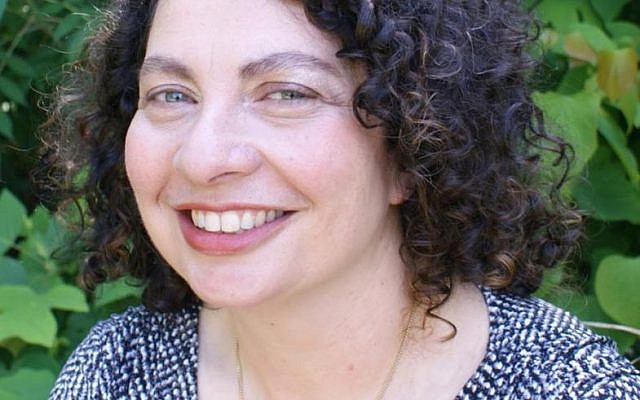Spiritual and Not Religious? Tu B’Shevat is for You
Rabbi Ruth Abusch-Magder says the New Year for the Trees is the holiday of choice for secular Jews.
The fastest-growing religious group in the United States are the nones, those who profess no religious affiliation. Is America becoming more secular? Maybe. But studies seem to suggest that unlike Europeans, Americans continue to believe, but not to affiliate. In other words, more and more people identify as spiritual, but not religious.
The same studies indicate that many Jews fall into this broad category.
If this resonates for you or someone you know, may I recommend looking into Tu B’Shevat. Rosh Hashanah or Yom Kippur may be better known, but unlike the High Holy Days, the deep meaning of Tu B’Shevat is not focused on liturgy and observance, nor does it involve synagogue attendance.
There is no singular experience of spirituality without religiosity. And yet, when I have spoken with people who see themselves this way, there are some commonalities: a sense of awe and reverence, connection to forces beyond themselves and a sense of the sacred.
One of the most common places people of all backgrounds, faiths and spiritual identities find a sense of awe and reverence is in nature. Tu B’Shevat is about nature and about taking time to pause and appreciate it.
The holiday gets its name from its date. Tu B’Shevat literally means the 15th day of the Hebrew month of Shevat. In 2021, that is Jan. 27-28. Most of us know that Rosh Hashanah is the Jewish New Year, but in fact, there are four different Jewish New Years. Tu B’Shevat is one of them, it is the New Year for the Trees.
We in the United States also have multiple New Years. There is the new tax year. There is the new school year. On a personal level, there is the year that starts each time we reach a birthday. For the ancient Israelites, celebrating the New Year of the Trees was directly tied to worship, and tithing connected to the Holy Temple in Jerusalem, which is largely irrelevant today.
So why bother making Tu B’ Shevat a thing? After all, getting out into nature is one of the few pleasures available to us in the COVID era; do we need a special day to notice it? I would venture, yes. If I have learned anything in this challenging time when so many forms of connection have disappeared, it is that we need to actively make meaning and Tu B’ Shevat offers us that possibility.
Where we sit in 2021, the idea of looking to trees and nature as a marker of time feels right. At the start of January, we bid goodbye to 2020 with glee. By most accounts, it was a challenging year. But into 2021, we have to acknowledge that the date change on a calendar does magically release us from our problems. Trees, however, offer a different vision of the passage of time. Instead of the complete renewal each year, trees add rings. What has passed has passed, and becomes part of the inner core, with a new layer being added each year.
So take the opportunity on Tu B’Shevat to consider where you have been in the last year spiritually and emotionally. Likely, like the trees, you have not moved much in the past 12 months, but you have grown new layers (and not just the COVID-19 that show on the scale). What is in your core? What has kept you strong over your life? What are the bumps in your outer layer? What is your outer layer protecting you from?
If you are so inclined, write this up on a diagram with literal rings. Or go out and appreciate trees. For many people spiritual and or religious, nature is a source of awe. So go for a walk with the express purpose of kindling your sense of awe. Walk among trees. You will be more likely to find that awe if you leave technology behind and do not worry about your steps. Instead, pay attention to the sounds, the wind on the branches, the birds and maybe a river. Notice how it feels to be in nature, the quality of the air, the feeling under your feet. With every breath, let yourself celebrate the trees and the world in which they grow and stand.
Buy a variety of produce. Take time to sit with the shapes, the textures and the smells. The natural world is truly astonishing. Consider the frail fronds of dill leaves, which are as powerfully fragrant as the sturdy leathery peel of the many kinds of citrus. Contrast the bumps of a cauliflower with the smooth skin of an apple. Compare the shiny squishy seeds of the papaya with the singular hard seed at the core of the avocado. The bounty of the natural world is truly magical.
Prepare a plant-based meal with that produce. Set out a nice place setting. Before you dig in, take a moment to appreciate what is on your plate and all the many wondrous elements of nature that come together and make nourishment possible. Then, sit in quiet and take time to savor each bite.
Each of these activities has the potential to deepen a sense of spiritual connection. There is no liturgy or formal ritual to do in a particular way, but there is great possibility for reverence and awe within the broad framework of our Jewish heritage. However you understand your relationship to spirituality, I recommend Tu B’Shevat to you.




comments